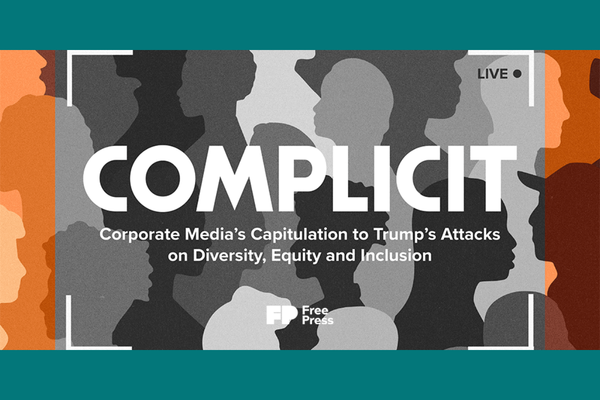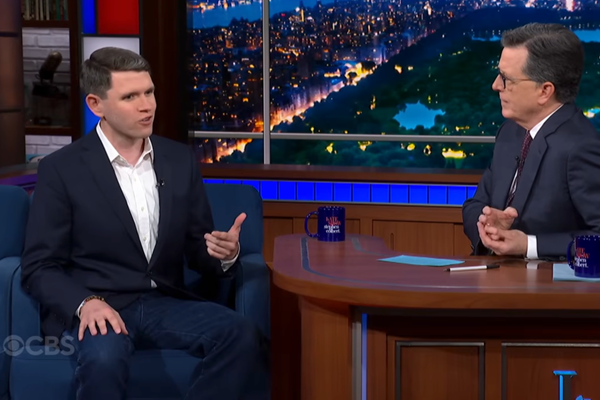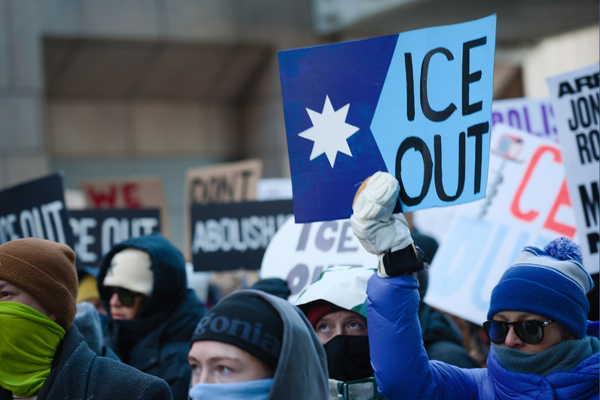How Public Media Can Survive this Crisis Without Losing Its Soul
“Our strategy is simple: Stick to the mission,” Chris Hastings of WXXI tells Pressing Issues
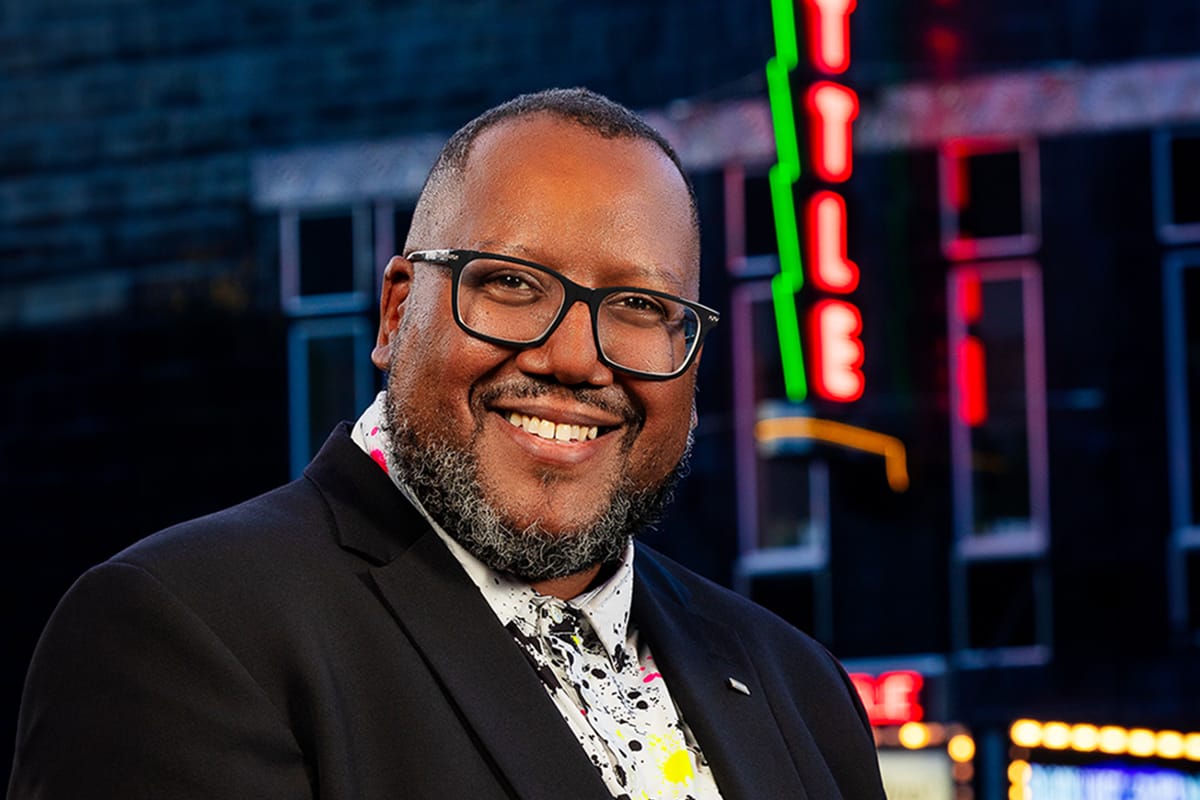
It has been a fantastic second week for us at Pressing Issues, with new signups happening daily. Welcome to all our new subscribers! If you believe in the work we are producing here, we would love it if you could share our sign-up link with your networks to keep us growing.
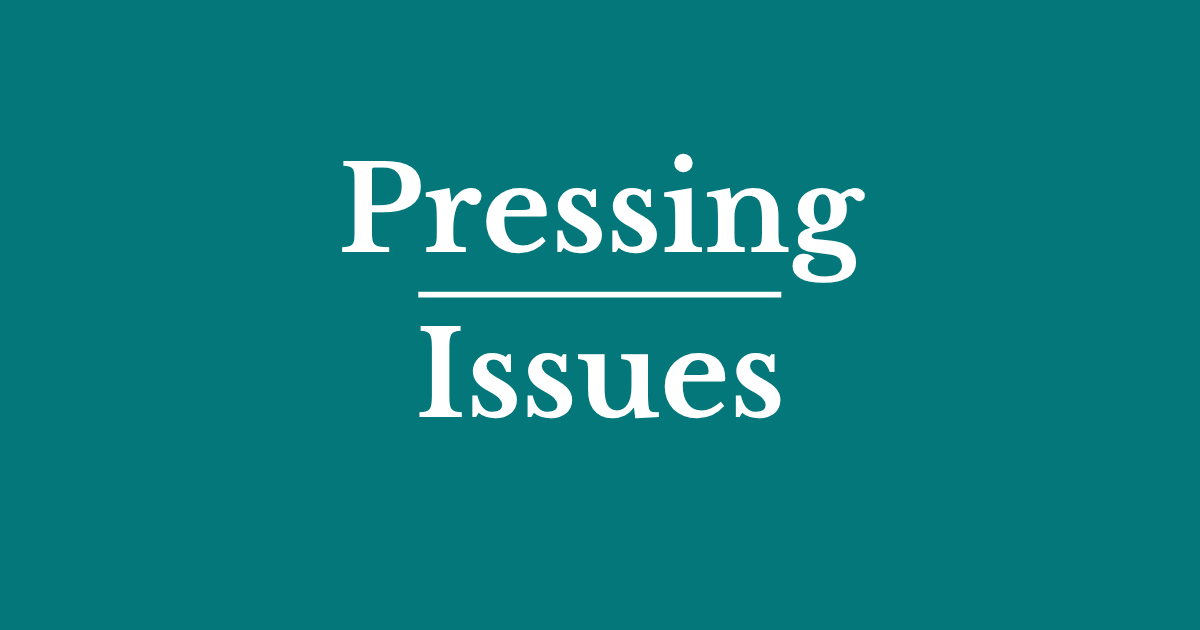
I wanted today’s post to extend what Craig wrote on Tuesday about building a new vision for public media during a time when the Corporation for Public Broadcasting is shutting down. Ever since I heard the CPB news, my sadness has mixed with a desire to make public media better — and more aligned with its core mission of serving local communities, especially where issues of underrepresentation and invisibility are still prevalent.
Since 2014, when I had the opportunity to work on the digital-audience plan for America By The Numbers, an excellent Futuro Media series that PBS distributed nationally, I saw how public media can help chronicle the story of a diverse and changing America. This is part of what drives my work as a journalist and nonprofit-media leader.
As Craig wrote on Tuesday, “The fight for public media’s future can’t just be about saving one show, one station, a single government agency, or piecing back together what we used to have. The next fight must be about bringing together and mobilizing a broader community of public-media-makers and allies, planting deeper local roots, and never abandoning diversity and equity when it’s under attack.”
I couldn’t agree more. And we hope to use this space in the weeks and months ahead to feature public-media voices and leaders who also share a similar vision.
That’s why I was thrilled when my friend Chris Hastings, the CEO and president of WXXI in Rochester, New York, agreed to answer a few questions about the moment. I have known Chris since 2012, when we first chatted at the annual National Association of Latino Independent Producers conference in Los Angeles. Chris was a key leader at Boston’s GBH, having headed up the editorial team at WORLD Channel and other projects. He is an award-winning executive producer and one of the sharpest minds in public media.
We’ve always held a shared belief that public media is critical to uplifting stories that would otherwise get ignored. I have been closely following all his work in Rochester and believe that WXXI can be a strong case study for what a new public- media system in the United States should look like. Here’s our exchange:
Julio Ricardo Varela: I consider you a "public-media veteran," and you have also been in positions of top leadership. How do you process the news of CPB shutting down?
Chris Hastings: The news that CPB is shutting down is devastating. There are people who work there that I deeply admire — folks who’ve been tireless stewards of public media’s mission. Beyond the personal loss, CPB is a vital backbone of our system. Their role goes far beyond just writing checks. They convene, elevate and protect this work in ways many don’t see. The ripple effects of this loss will be felt across the country in ways that are not yet fully understood.
JRV: What is your moving-forward strategy?
CH: Our strategy is simple: Stick to the mission. Public media exists to serve — with facts, with trust, with culture. That doesn’t change because funding gets cut. We can’t be distracted by fear. Instead, we double down on being essential to the communities we serve. That’s why I’ve said publicly: WXXI is not retreating. We’re here. And we will keep producing journalism, educational services and local culture that reflects and respects the truth — especially for audiences who are often underserved or ignored.
JRV: Paint me a picture of Rochester’s public-media audience. Where is the opportunity? What are the challenges?
CH: Rochester is a small city with a big cultural heartbeat. People here care deeply about music, the arts and lifelong learning — and they genuinely love what WXXI brings to their lives. Public radio still matters here, and local personalities are household names. That kind of trust is rare, and it’s something we don’t take for granted. The opportunity is to meet that passion with more live experiences and community engagement — to be not just on your screen or speaker, but out in the world, face to face. The challenge is that we are also a region with significant segregation and disconnection — urban and rural, race and class. But that’s where public media can play a healing role: by being a space where everyone belongs.
JRV: I saw that you made a new hire for a chief content officer who has more local experience than public-media experience. Could you explain your decision to go down this path?
CH: Hiring Julio Sáenz was a strategic choice. He knows this community inside and out — the neighborhoods, the stakeholders, the culture. That kind of deep local knowledge is invaluable, especially when you’re trying to build content that feels urgent, relevant and personal to your audience. Could I have hired someone with a long public-media resume? Sure. But I wanted someone who knows Rochester like the back of their hand. And my job is to support him as he brings that knowledge into conversation with our platform and the values of public media.
JRV: What would success mean to you and WXXI?
CH: Success means staying indispensable to the people of Rochester. That’s not just about ratings or revenue — it’s about whether people turn to WXXI for clarity, comfort, connection and joy. If we can be the place that reflects this community with integrity, amplifies local culture, grows the next generation of storytellers and remains financially strong while doing it — that’s success.
Right now, success also means surviving this funding crisis without losing our soul — and reimagining public media as a space that can’t be shaken by politics because it’s held up and elevated by the community that needs us. That’s the work ahead.
And here's what else is happening in our Pressing Issues world.
Teamwork
No to Amazon in Arizona: This week, organizers in Tucson with the No Desert Data Center prevented a massive Amazon data-center project from becoming a reality. Free Press’ Jenna Ruddock worked with allies at AI Now Institute, Athena for All, Good Jobs First and MediaJustice to support local leaders and educate the general public about why this data center would be bad news for Tucson.
On Wednesday, the City Council rejected the project, with councilors saying they want to pass more restrictive ordinances before considering any future data-center proposals. Arizona Luminaria shares more about that news.
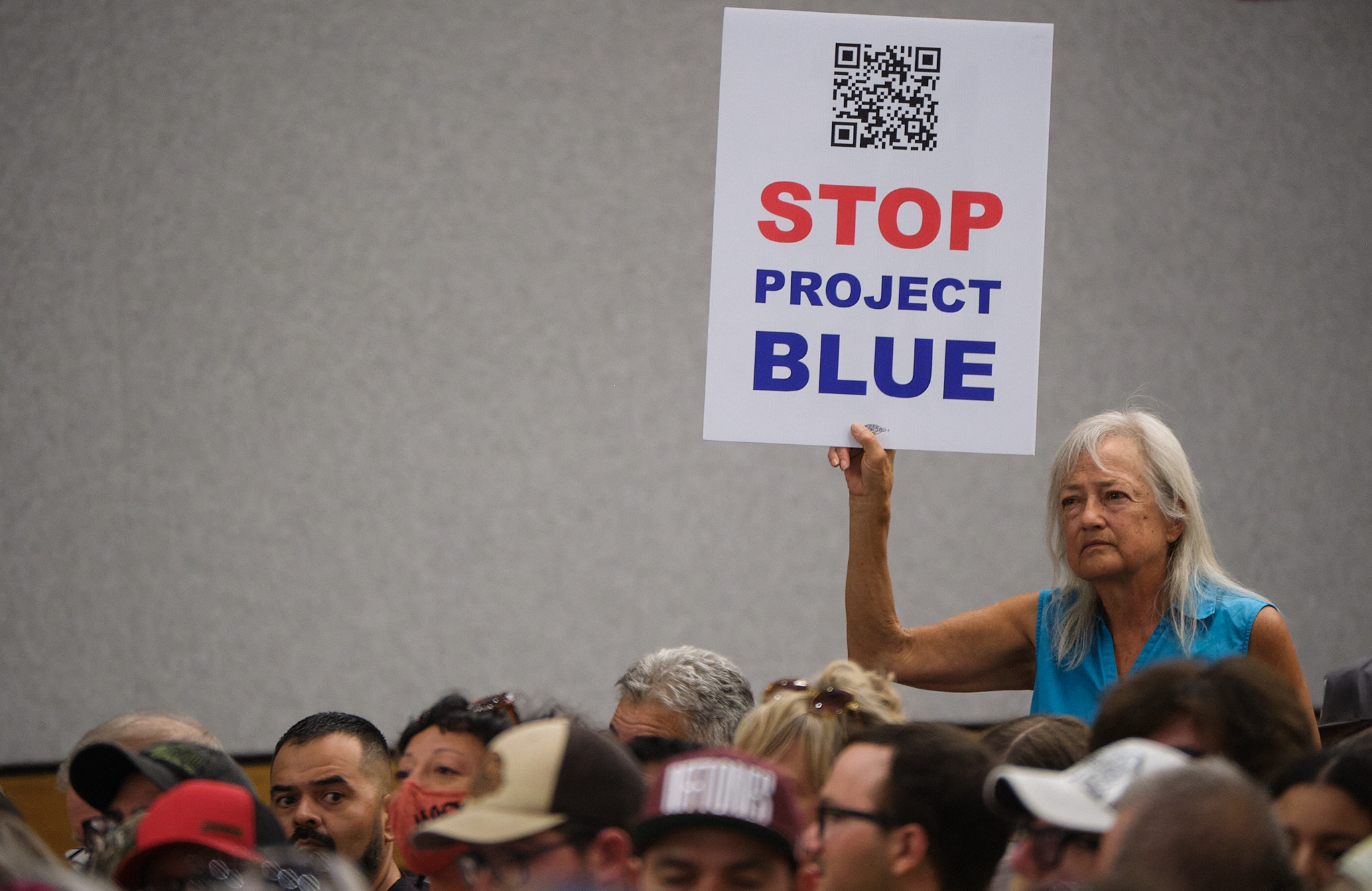
En español
This one is for all the Spanish speakers out there. El Planeta in Boston published my latest opinion piece about why Massachusetts should create a local journalism fund to support communities that media outlets in the state have traditionally ignored. Free Press Action is working with allies throughout Massachusetts to create this kind of fund.

The kicker
“If you can tell a story well, you can move people to do something,” Soledad O’Brien, Essence Magazine (2020)
About the author
Julio Ricardo Varela is the senior producer and strategist at Free Press. He is also a working journalist, columnist and nonprofit-media leader. He really hopes the Red Sox make the playoffs in 2025. Follow him on Bluesky.
